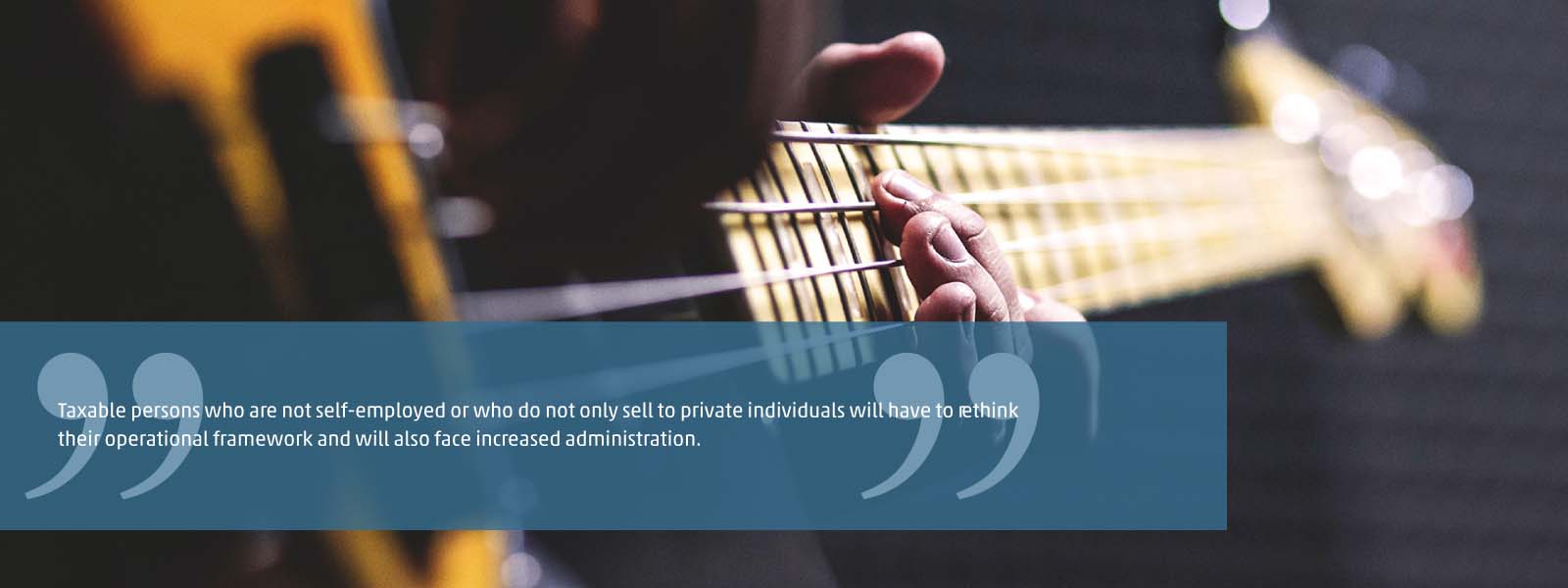The bill submitted on 11 July 2022 and adopted the next day by the Hungarian Parliament, which contains significant amendments to the rules on the low tax scheme, is aimed at curtailing sham employment. According to the new rules, from September, those in the low tax scheme may not invoice companies, and companies may not be part of the low tax scheme; the income threshold is to change too.
Reason for amending the low tax scheme
Based on the reasoning of the bill, the low tax scheme is being changed to ensure that this tax type remains attractive as the primary taxation alternative for those originally targeted, i.e. the smallest taxpayers conducting actual business activities. The goal remains to provide an opportunity for sole traders supplying their own services and products for the public in Hungary to conduct their business by paying a reasonable low tax and with little administration covering all of their tax and contribution obligations.
Who may be eligible for the new low tax scheme?
At present, sole traders, sole entrepreneurs, law firms, unlimited partnerships with only private individual members or limited partnerships who register this choice of taxation with the national tax authority and against whom there are no statutory grounds for exclusion may be eligible for the low tax scheme (referred to in Hungarian as “KATA”).
When the new law for the low tax scheme enters into force, only those who either provide their own services to the public – except for passenger transport services by taxi – or sell goods to the public and are self-employed will be able to use this tax. This means you can only opt for this favourable form of taxation as a sole trader, and only provide services – or where applicable sell products – to private customers.
A sole trader under the Act on Sole Traders and Sole Proprietorships is entitled to opt for the tax if they meet the main occupation criterion of the Act and register their choice of tax with the National Tax and Customs Administration. This taxpayer status takes effect as of the first day of the month following registration. Sole traders starting their activities during the year may choose this form of taxation upon registering with the NAV. However, a self-employed person engaged in the letting or operation of real estate, or whose tax number has been cancelled or is subject to cancellation by the National Tax and Customs Administration in the year of registering, or in the 12 months preceding the registration, cannot opt for this tax.
Changing income threshold
The amendment does not affect the rate applied in the low tax scheme, which remains at HUF 50,000 per month, but the income threshold is changing. This means the limit up to which the tax liability can be met solely by paying the low tax (if the taxpayer pays the tax for every month of the year) will increase from the current HUF 12 million to HUF 18 million. For the income exceeding this threshold, a 40% special tax must be paid.
When do the changes take effect?
The provisions of the act will enter into force on 1 September 2022, except for the rules on registration. Registrations under the new low tax scheme may be made from 1 August until 25 September. The taxpayer status will be created from 1 September 2022 based on the declaration made. Hungarian sole traders applying the low tax as of 31 August but now not entitled to do so, may register for the flat-rate tax status for sole traders under the Personal Income Tax Act for the year 2022 by 31 October, in the form and manner published on the NAV website by 15 August.
What happens to those currently in the low tax scheme?
Those who remain eligible for the low tax scheme after the amendment will continue to be able to pay tax with simple administration, and will still not have to file a tax return, but will only have to keep simplified records of revenues. Small taxpayers must only declare the income earned in the fiscal year by 25 February of the following year, with the proviso that if they are also liable to pay the special tax for exceeding the limit, they must also assess, declare and pay it by that date.
Taxable persons who are not self-employed or who do not only sell to private individuals will have to rethink their operational framework and will also face increased administration. Such entities providing services to the corporate world will have to keep their records under double-entry bookkeeping rules, and will in all likelihood have to hire an accountant because of the complexity of the accounting law. In addition, by switching to corporate tax, they may also have to take into account special tax base adjustment items related to accountable income and expenses. In the case of the low tax scheme, the fixed tax rate meant it was not possible to “collect” costs and account for them, but entrepreneurs moving to the new tax types will have to consider these too.
The change in the law on the low tax scheme in Hungary affects not only small businesses and entrepreneurs, but also, indirectly, large multinational companies, i.e. our clients. Their suppliers are very likely to include taxpayers in the low tax scheme – language teachers, translators, other service providers – who have chosen this favourable tax treatment so far but now need to rethink their operations and fees. If you are interested in how this change may affect your company, feel free to contact the tax consulting team at WTS Klient Hungary.










